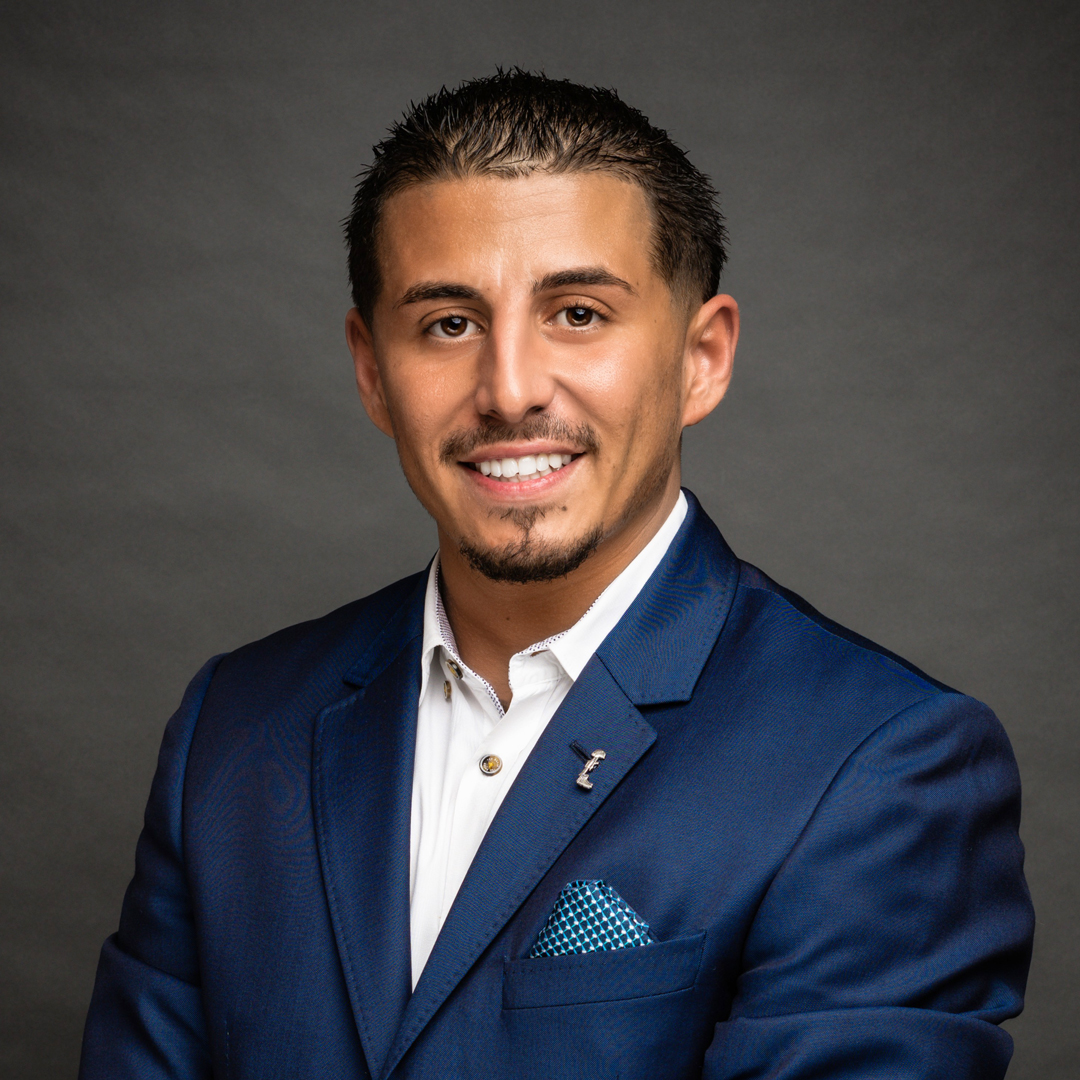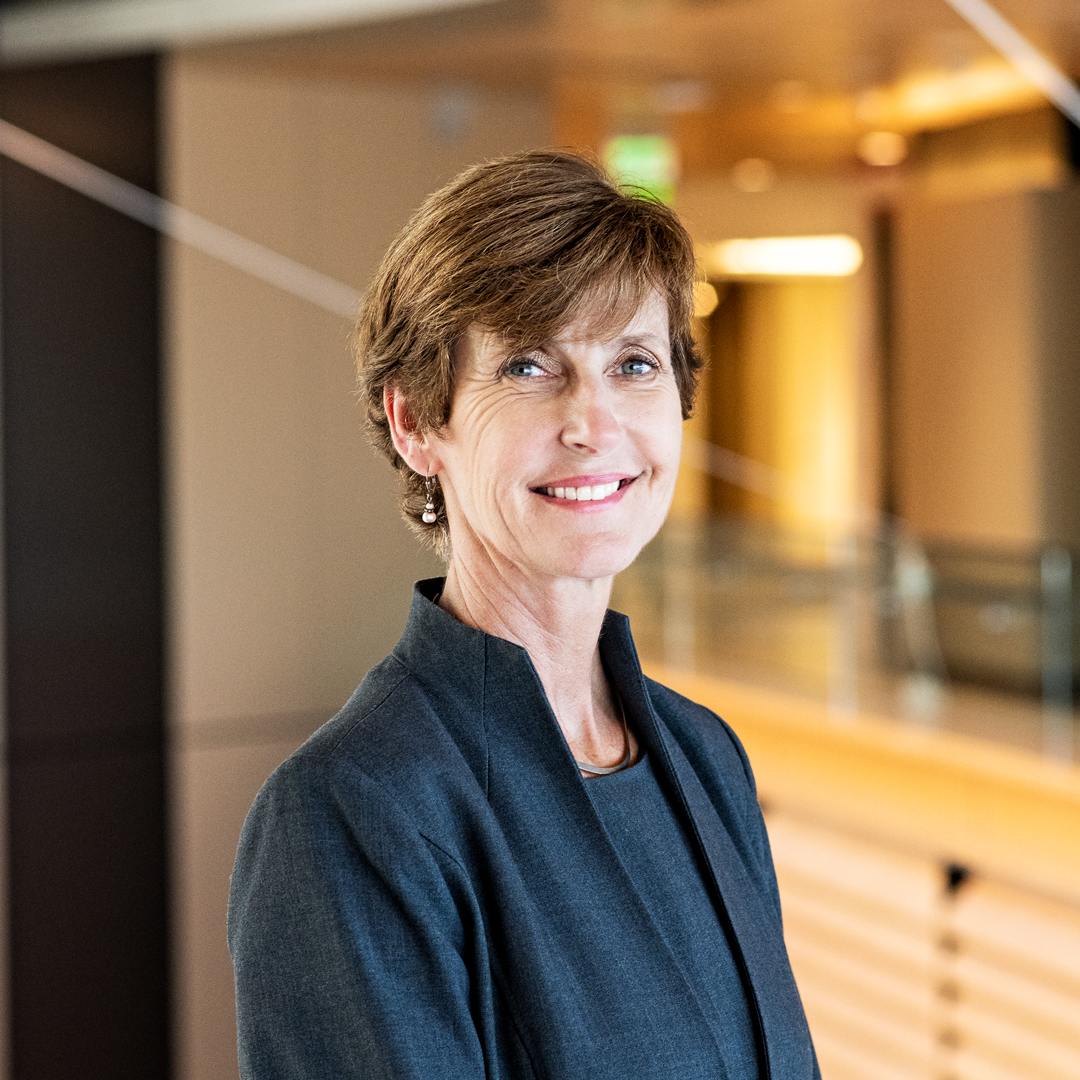|
Getting your Trinity Audio player ready...
|
Finance. Healthcare. Pharmaceuticals. Automation. Communication and technology. Nona Gross’s diverse résumé might surprise some, but the leader in global real estate for Verizon says that her choice to move through this variety of careers has been deliberately curated. “All these companies have something special and unique, and they contribute to humanity in ways both seen and unseen.” She continues that each organization she’s worked for has excelled in their respective industries and have all given her indispensable insight and exposure.
A graduate of the University of New Mexico’s business and medical schools, where she earned a bachelor’s in medical law and ethics, Gross says this background has played an integral role in her professions. “I’d like to think that the things I’ve achieved in my career are very much aligned with my personal values and beliefs. I work for companies I am very proud to represent.”
Gross’s career began in commercial real estate, where she served as an assistant facilities manager for Citibank. This is where she first found an opportunity to tap into her passion for sustainability, as the company was an early adopter in being community- and eco-friendly. “Even before being LEED-certified and being green was in fashion—or what it is today—Citibank was very much involved in running its facilities in a sustainable manner.”
This is also where she found her first mentor, a facilities manager who took Gross under his wing and taught her everything from excellent customer service to various building systems to construction principles and strategy. He also supported her as she developed a program that encouraged all commercial businesses within Albuquerque, New Mexico, to promote recycling. As the chairperson of the Albuquerque Recycling Committee, Gross later received the Green Zia Award for these efforts.
Armed with a strong knowledge of facilities management, Gross continued her on-the-job studies of workplace strategy and sustainable building practices through a five-year tenure at Merck and a role in furniture manufacturing at Steelcase, before landing at Kaiser Permanente as a consultant. “I was brought on board to help them plan what they refer to as a ‘template hospital,’” she says, explaining that the project entailed the development of specific standards that a hospital would need to meet.
Specific hospital designs were placed into the template like “puzzle pieces,” thus creating healthcare facilities that met requirements in a streamlined way and reducing the time it took before they could open their doors. This opportunity to work in facilities development served her well at her next venture—in design planning and workplace strategy for Siemens when they were first developing a pharmaceutical factory for Siemens Healthcare, a separate entity within the multinational conglomerate.
“When I first took that job, I knew nothing about building a pharmaceutical factory,” Gross admits. “But the global supply chain’s VP knew that I had many talents that would contribute to the success of the team’s projects.”
Indeed, Gross proved to be successful in the role and even developed a specific process that streamlined a 52-week process to just 32 weeks. This process was something she bequeathed to the team when she eventually departed the company. “When I was leaving, the VP asked me if I named my replacement,” she recalls. “I told him the good thing is that I didn’t need one—the processes I put forth are executable! You have them; now you just need to put them in place.”
Throughout her career, Gross credits the mentors and supports she’s met through each industry to helping her not only grow her skill set, but to give her a seat at the table. Finding that platform to share ideas is something that she laments can be a challenge, especially for women and minorities. “I’ve always dealt with women in construction not being acknowledged for the expertise we bring to the table,” she says. “I’ve been shushed in meetings. I’ve learned to stand up for myself, to be a voice to be reckoned with, and to understand that I have something valuable to contribute.”
Gross seeks to advocate for young people and be that mentor wherever she can. She reminds them to stay curious and be confident, as they “know what they know.” She has compiled an extensive “toolbox” of lessons learned that she is proud to share with them, cobbled from her own experiences and advice given to her by her own mentors.
As a woman in the workforce who has garnered a wealth of exploits and industry knowledge, one might expect that she plans to relax after she retires. Instead, Gross says that she plans to continue tapping into her affinity for human connection by working with the International Rescue Committee (IRC).
A first-generation American herself, Gross is moved by the work the organization does to help present-day refugee children and families. “There are global struggles everywhere,” she says. “I have a great skill set I could bring to them, from supply chain logistics to construction to understanding how hospitals are run.” In her previous roles, she was even provided opportunities to help with disaster relief efforts.
“I think that people around the globe and in our own communities need help,” the former ethics major says. “Being able to help in whatever way I can through the skills I have developed will be very rewarding.”
Nona Gross’s Toolbox for Success
- Have Confidence
“When you’re in front of a leader, you have limited time to really get your point across. With preparation and subject-matter expertise, you’re really able to push through your ideas and initiative to get the support you need to execute on projects. I had an executive coach who would say to me, ‘Fake it ’till you make it,” which allowed me the mind-set to move forward in confidence knowing I had prepared well and was informed on the topic.
- Show Up
“Thirty years into my career, I still think about showing up if you want a seat at the table. You want people to recognize you as being a leader and valued contributor to the team, which, to me, also means that you make sure you’re doing something that you love, find interesting, and can really commit to.”
- Find Your North Star
“I really have to have a shared zeal with others—a common goal. My last VP at Siemens had a ‘North Star’ approach when he pulled his team together. He kept morale high by reminding us that we were all pulling in the same direction, toward a common goal to succeed as One. I think that if you all have that concept of pulling towards a shared vision, not only does it create dynamic teams but it creates this purpose that gets you up in the morning, that helps you through the bumper to bumper traffic, knowing that you’re going to be working with great people today on a mission that matters.”
- Build Your Team
“What I would say to young leaders is find a company that shares your personal values; that’s very important. This will enable you to become much more involved in promoting the company. I do it through public speaking engagements and advisory councils. It will enable you to meet a variety of people from different roles and different levels within the company. And it gives you a sense of pride when you know that you are contributing to the wellness of a larger community. This has to be a value that all human beings share.”
- Never Stop Learning
“I’m a continuous learner. There are many webinars online, industry classes through professional organizations, and seminars and certifications targeted toward professional accreditations. Find what interests you and learn. I think it’s very important to stay current, and equally important to craft your career by meeting people outside of work in community organizations, professional organizations, or educational organizations. It’s really important for people just to continue to be exposed to thoughts and ideas and live in curiosity.”
- Be Resilient
“One thing is for certain: everything changes constantly. It’s very important to understand change is inevitable and managing change is an art you should learn early because in every part of our lives we will experience it. By learning resilience, you’ll understand that you cannot control things that are out of your control, but you can control your own reaction to situations.”
- Welcome Vulnerability
“It’s important for me to understand that I’m vulnerable because I’m not the expert, but I still have something to contribute, and to that end, there is a level of success in being vulnerable. In many ways it keeps you humble and open to new ideas and new people. Being open, listening, and having humility are better ways to forge alliances. Nobody likes to know it all.”
- Keep A Big Picture Outlook
“There are aspects of life that connect us and bring us back to each other. The humanity in each of us reflects what connects us. We are going to celebrate wins and weep over painful losses. Aside from your specialty skills, soft skills, education, and work experiences, it’s all of these takeaways that you collect in order to be a happy, joy-filled, and successful human being.”


